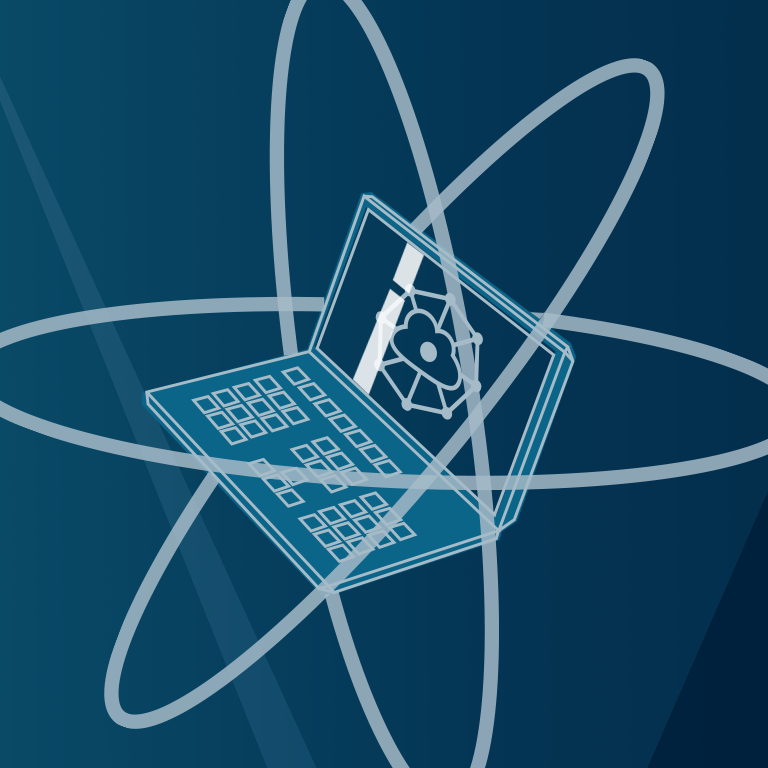- Specialists and managers (e.g. from production/technology management) who would like to learn about the possibilities of digitalisation for their own production processes
- anyone interested in expanding their specialist knowledge and gaining initial experience with digitalisation in battery production.
No special prior knowledge is required to attend this training course; it is aimed at newcomers to digitalisation. However, a basic understanding of procedures and processes in battery cell production is advantageous. An interest in new technologies and digital trends is desirable.
Before booking this seminar, we recommend our free e-learning "Getting started in the battery world". After attending, we recommend the in-depth seminar "Battery Data Scientist".

